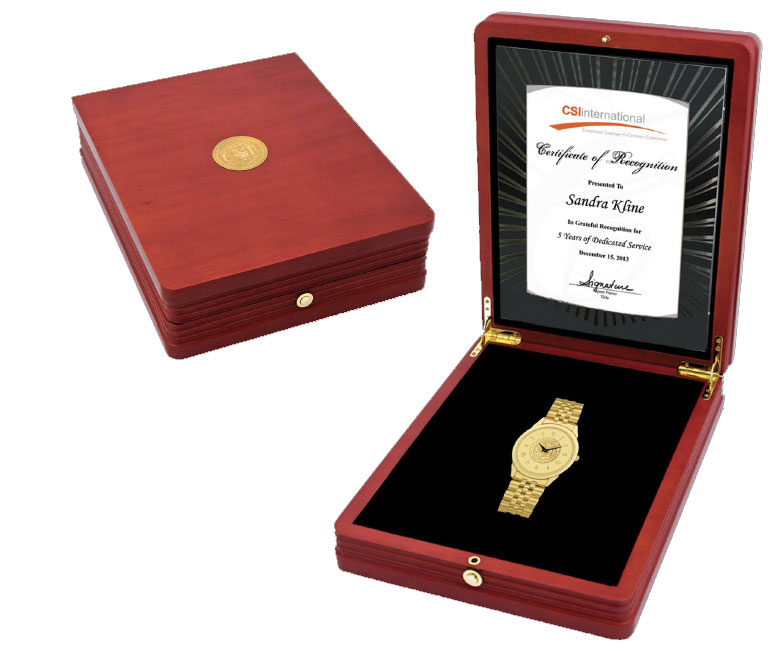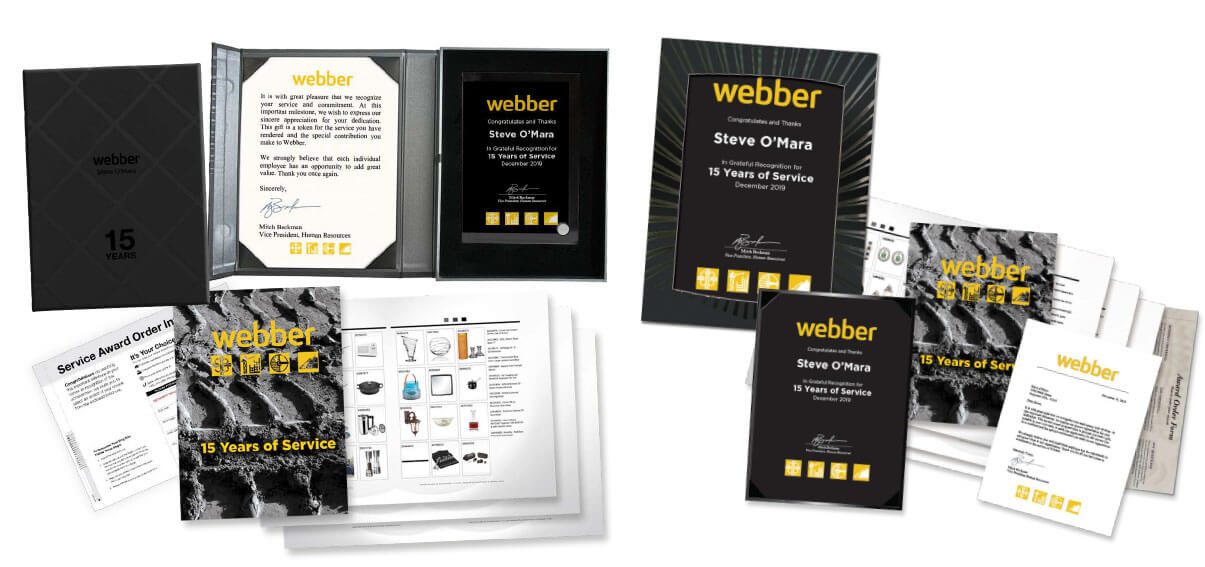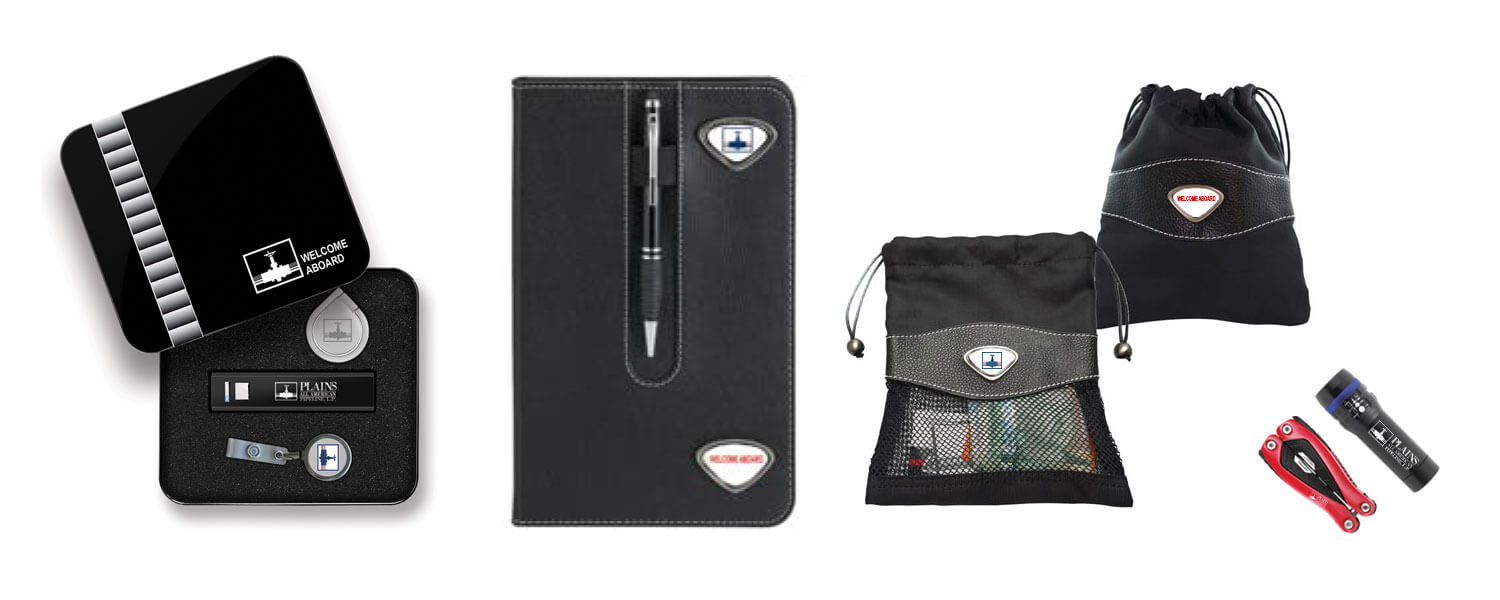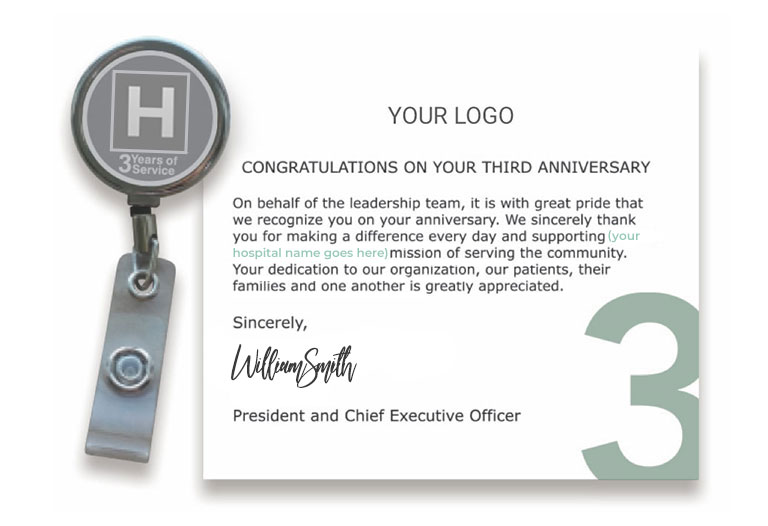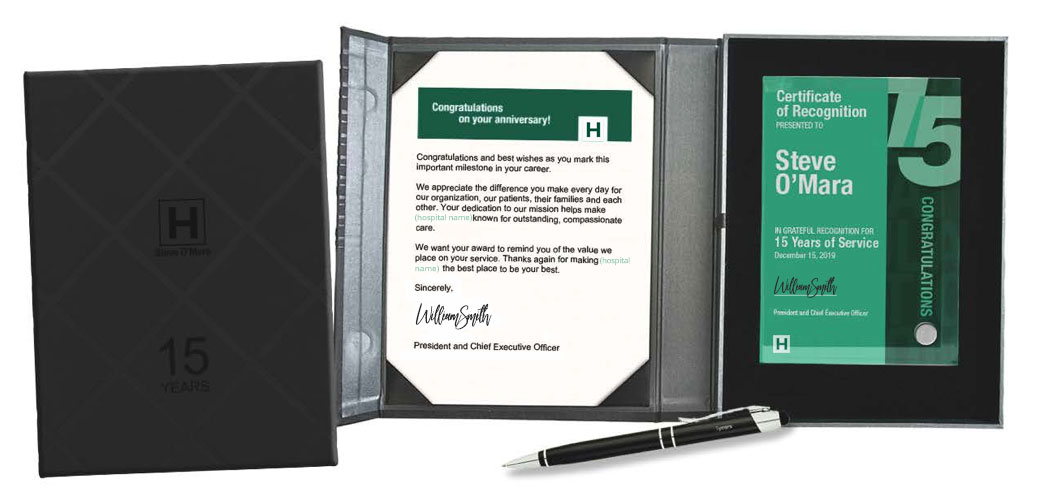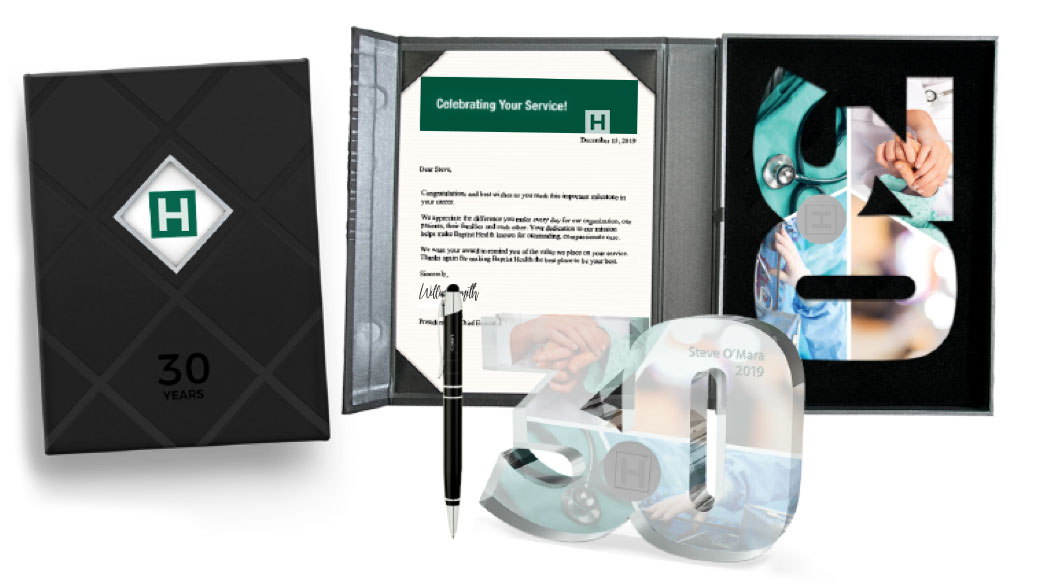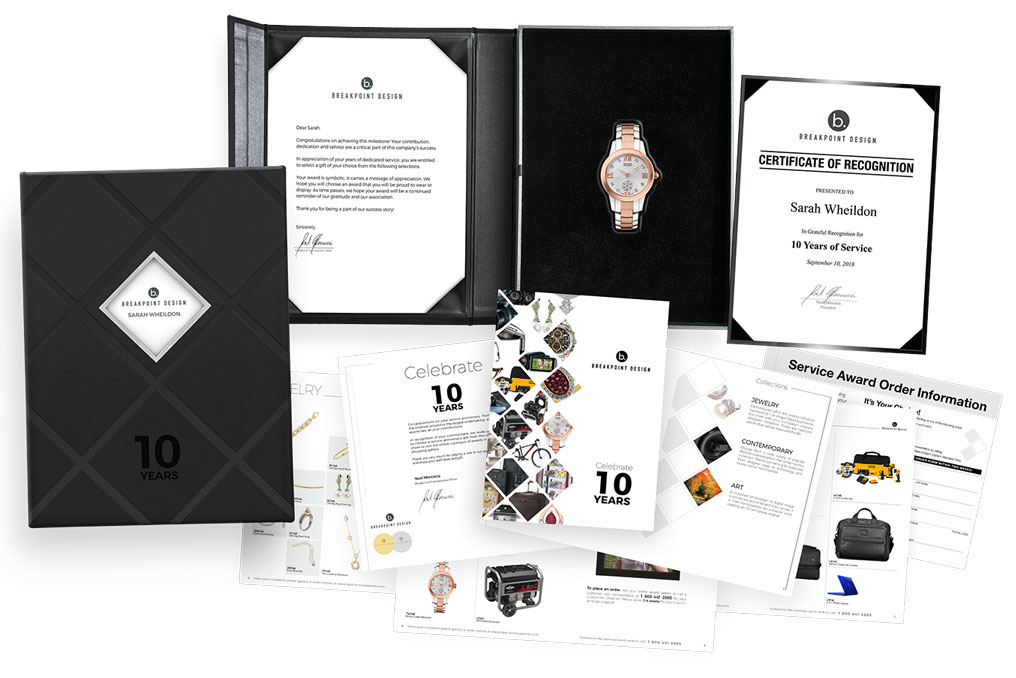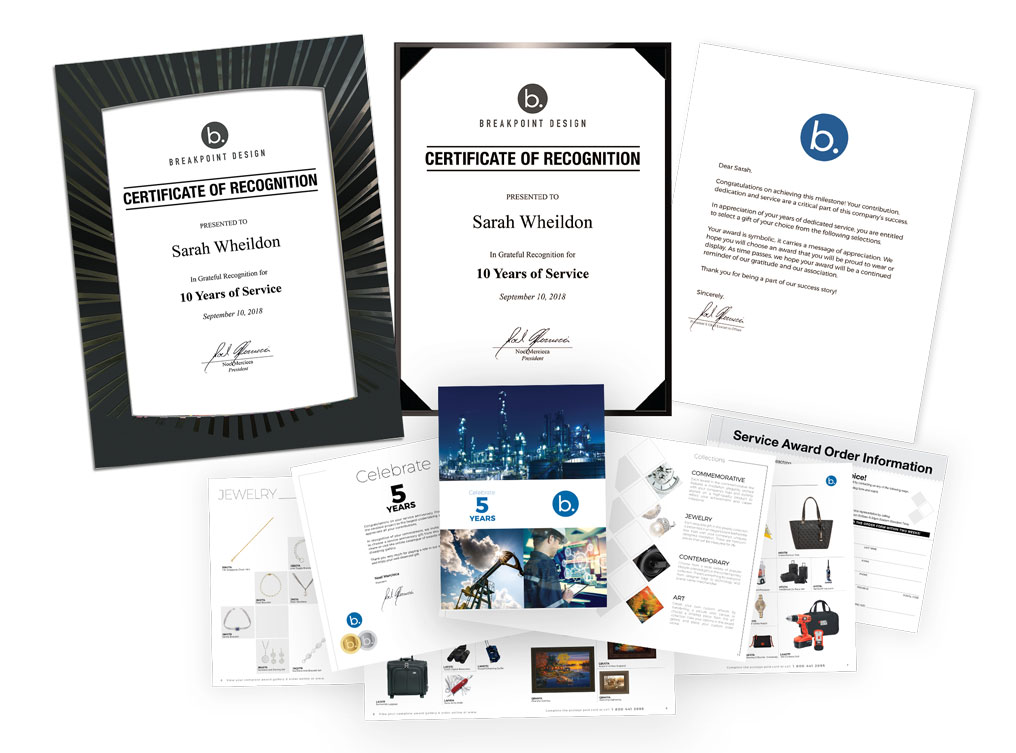Trouble sticking to your New Year’s Resolutions?
Maybe you’re focused on the wrong goals
As we prepare ourselves for all the adventures and experiences 2018 will offer, many of us will reflect on the past year…looking back at our successes and failures;
the good, the bad, and even the ugly



All these experiences are equally important and part of this thing we call “life”. I strongly believe we cannot be fully satisfied with our accomplishments without having to endure and overcome disappointment or failure. The ups AND the downs are vital life lessons that enable us to feel completely fulfilled.
With a new year comes new goals
I’ve never been big on setting specific New Year’s resolutions, but as an athlete I am constantly setting and adjusting my goals. Goal setting is a skill that is engrained in athletes from a young age. That said, throughout my career I’ve had difficulty articulating my goals clearly, attainably, and realistically. This is a skill I am constantly honing because in the right context, goal setting can be a very effective tool.
It’s not just about Outcome Goals
Often when people think about their goals, the tendency is to jump straight to the long term “Outcome Goals”. It is extremely easy to become overwhelmed and impatient if you strictly set results-based goals.
Example: winning a specific competition, getting a promotion or trying to lose weight.
Consider Performance Goals
I prefer to immerse myself in another, more difficult layer of goal setting – “Performance Goals”.
- What are the specific actions you need to take to optimize your chances of achieving your goals?
For example, if you want to lose weight, you’ll need to go to the gym “x” number of times in the week and you’ll have to stock your fridge with healthy food options.
Spend time on the most challenging layer of goal setting – “Process” Goals
“Process Goals” are very detailed and precise short-term goals that enhance your ability to reach the performance goals set. Personally, I find many process goals to be a specific mindset and not necessarily a physical action.
Using the example of trying to lose weight, your process goals may include:
committing to a routine, meal prepping, finding enjoyment in the workout grind, surrounding yourself with the right people, and finding confidence in yourself throughout this process.
Combining “Process” and “Performance” Goals will allow you to achieve your desired “Outcome” Goals.
Everyone has their own unique goals
The most important thing in this exercise is to set clear goals that ultimately serve as a reminder to keep you driven towards achieving success.
In recent months, I have used this model/visual specifically leading into a race. It has allowed me to recognize and acknowledge the result I want to achieve without going into competition with a results-oriented mindset. Rather, I can break it down into performance and process oriented goals, which allow me to stay better focused on the behaviors that make a difference and really matter.

Goal setting is unique to everyone. There isn’t a right or a wrong way to do it, but I guarantee that when your goals are written down on paper, you’ll be less stressed and more realistic with your expectations for the coming year and beyond.
I hope everyone reading this can now set their sights on making 2018 a productive and successful year – with clear, attainable and realistic goals. Happy New Year!






